Economics

De Maistre, Considerations on France
Joseph de Maistre (1753–1821) defended the absolutist legacy and the close alliance of throne and altar. He thought the Revolution and the republic it created in the name of reason and individual rights had failed.

Le Bon, The Psychology of Revolution
Gustave Le Bon (1841–1931) disparaged the Revolution and the revolutionary legacy because he distrusted the common person, particularly when making collective decisions.

Charles Maurras on the French Revolution
A classical scholar and militant atheist and anti–Semite, Charles Maurras (1868–1952) became involved in politics during the Dreyfus Affair (1893–1906) when he founded a group known as Action Française.

Karl Marx: The Eighteenth Brumaire of Louis Bonaparte
The German philosopher and founder of international communism, Karl Marx (1818–83), wrote on many occasions about the French Revolution, which he considered the first stage in an eventual worldwide proletarian revolution.

Frederick Engels: Socialism, Utopic and Scientific
Marx’s lifelong collaborator, Frederick Engels (1820–95), devoted himself to popularizing the ideas he had developed with Marx. In 1880 he published this pamphlet in French in order to explain the main principles of communism.
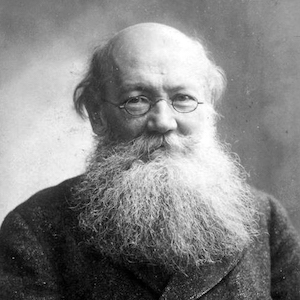
Peter Kropotkin on the Need for Individual Action
The Russian author Peter Kropotkin (1842–1921) wrote prolifically about the French Revolution and about the ideology known as anarchism.
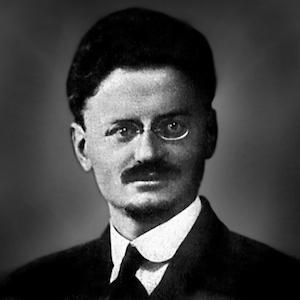
Leon Trotsky, The Permanent Revolution
Leon Trotsky (1879–1940), whose original name was Lev Davidovich Bronstein, was one of the chief figures in the Russian Revolution of 1917. After years spent in exile agitating in favor of Russian communism, he put his ideas into practice as one of the leaders of the Bolshevik Revolution.
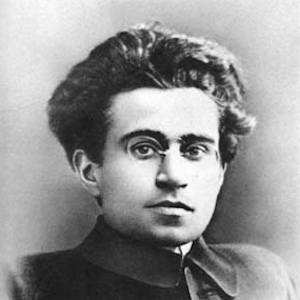
Antonio Gramsci: Selections from The Prison Notebooks
Antonio Gramsci (1891–1937) was an Italian intellectual who joined first the Socialist and then the Communist Party. Between 1924 and 1926 Gramsci was the head of the Italian Communist Party.
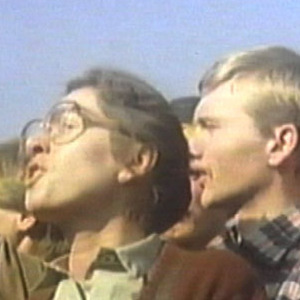
Scenes from Andrzej Wajda’s film, Man of Iron (1981)
Filmed just after Solidarity’s initial spectacular rise in 1980, Andrzej Wajda’s Man of Iron was won immediate global acclaim.
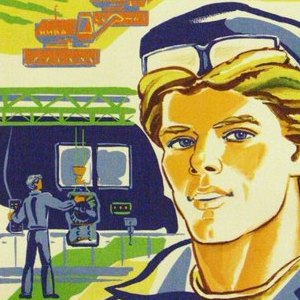
Perestroika and the changing Soviet workforce
One of Mikhail Gorbachev's most famous reform movements was perestroika (reconstruction), an attempt to rebuild the Soviet economy, which had been stagnating for more than a decade.